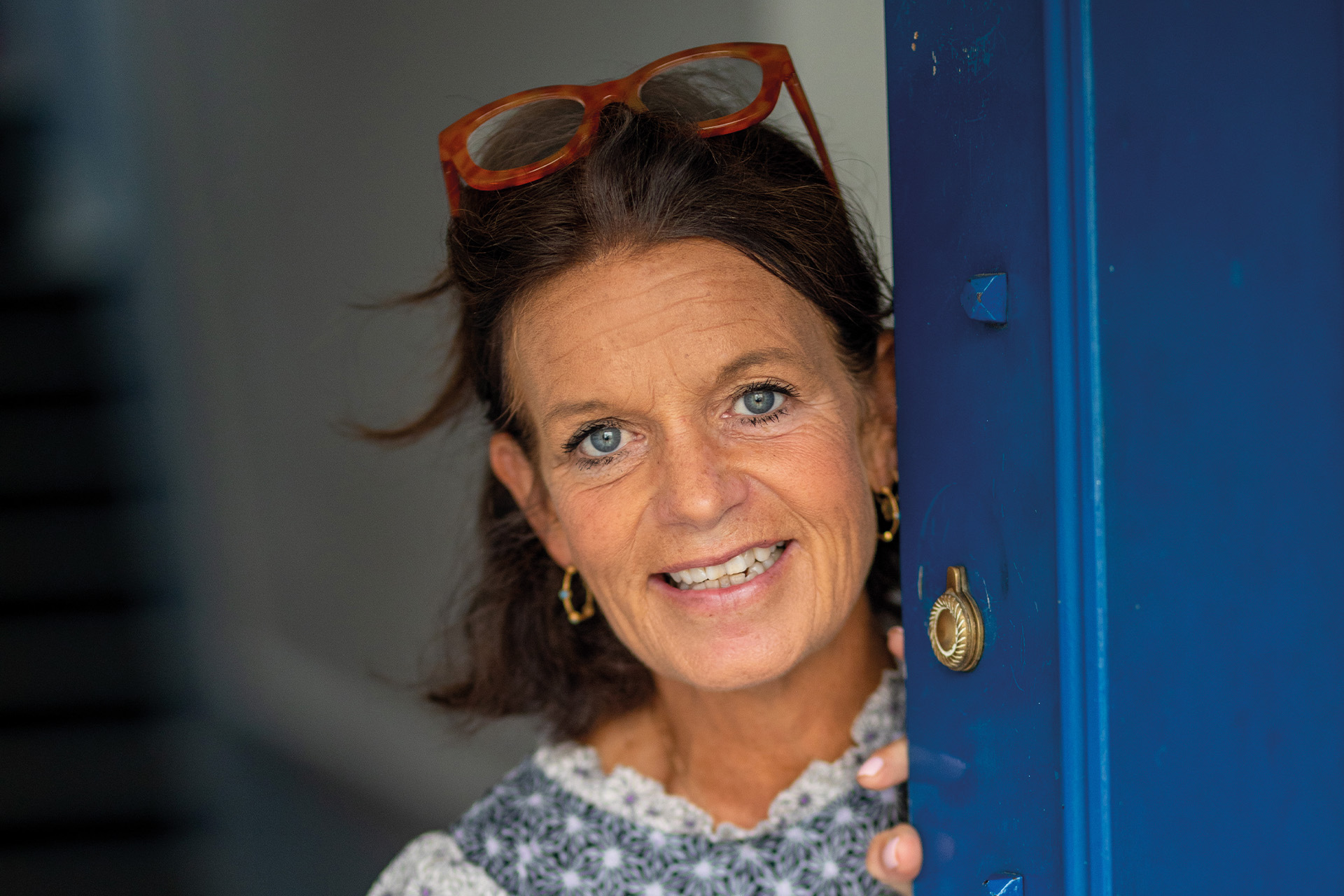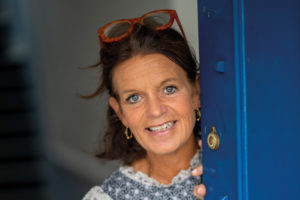Why Is Play Important For Early Years?
By
2 years ago

Children have a special approach to life, says Zanna Clarke, Principal of Miss Daisy’s Nursery Schools
Play is the important work of childhood.’ But what is Play? Play is a child’s approach to life. Nothing stimulates brain development and imagination, quite like play. It engages all five senses, absorbs a child in activity and develops confidence and independence. It is essential for a child’s development and well-being. It enables them to explore the world around them, express themselves and cope with challenges. Whether you embrace the guidance from the Early Years Foundation Stage, Montessori philosophies, or the Reggio Emilia approach – Play is essential.

Zanna Clarke, Miss Daisy’s Nursery Schools
The ‘teacher’ is the biggest resource that a child has in any nursery school setting. Early years educators are now working with children from the alpha generation. Science is telling us that children of today have spent more time in virtual reality than reality by the age of five years old. Parents, teachers, and adults spending time with young children need to be able to engage and tune in to their play. They must try to understand how the young mind works and capture the interests of those in their care.
We need to be able to understand what stimulates this generation of children, what activates their mind. We must encourage them to be active in both mind and body. Embrace the technology where useful but ensure that this is balanced. Teach other skills that enrich their physical and emotional development. Playground games, board games, the many uses of a cardboard box. We must nourish a child’s
whole development.
It is our duty to tap into every one of the five senses. Play needs to have purpose. We cannot begin to imagine or understand the occupations that our children will have in the future, for they do not yet exist. We must ask ourselves, are our opportunities for play, preparing them for what lies ahead?
There are many golden threads interwoven into a child’s play. Curiosity is key. We must provide children with open-ended resources, allowing them to explore, think deeply, creatively, and imaginatively.
If a child is inquisitive, the world is their oyster. Junk modelling, loose parts, role play opportunities all allow children to be imaginative and to connect with others. They will be intrigued, their desire to communicate and engage with the adult who has provided them with the opportunity to play, will be clear. To the young mind, the adult is fascinating, interested, exciting – the best playmate. Care and love should be at the heart of play. Children seek warm, loving communicators. Communication is necessary to be a creative thinker. When you begin to communicate with a young child, using voices, tone, actions and expressions you are stimulating the brain. If children are curious, they will want to connect. If children lack communication skills in our schools, that is our fault! At the heart of play, I believe, should be care and love. Children seek warm, loving communicators. When you begin to engage with a young child, using voices, tone, actions, and expressions, you are stimulating the brain. If children are curious, they will want to connect.
When engaged, children can be astronauts, artists, hairdressers, police officers, scientists, gardeners or even dinosaurs! Through play, children are free to choose, explore and most importantly experience joy. When children are provided with the resources and time to play, they create something unique, something new.
Open ended play opportunities should never be limited. At Miss Daisy’s, we believe that children are born to learn through play. We encourage our children to make choices, experiment, be kind and build relationships during their foundation years. Our teachers nurture, guide and direct the children in their care to be brave, curious, take risks, learn new skills, and respect the world in which they live.
The result? Creative, engaged lifelong learners who will thrive in the world and who will never be afraid to play.



